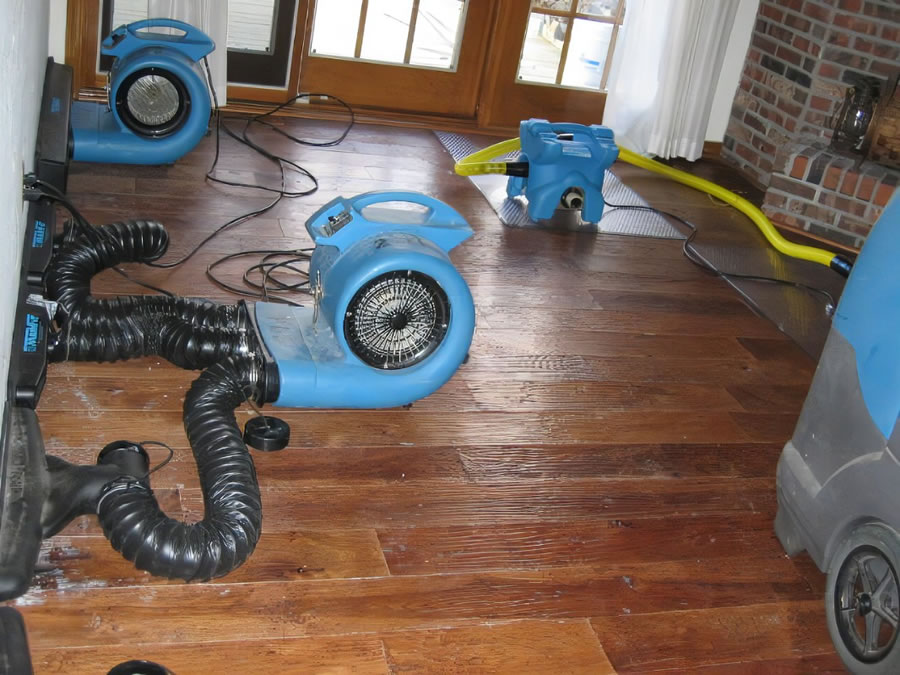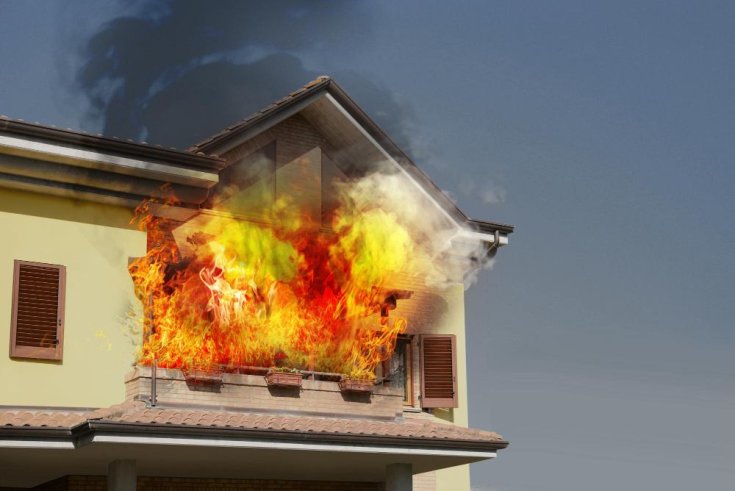404-900-3852
15-45 Minutes Response Time
404-900-3852
15-45 Minutes Response Time
Water damage is a homeowner's nightmare, striking suddenly and leaving a trail of destruction in its wake. Effective drying techniques are crucial for preventing further harm to property and mitigating long-term issues.


How To Prevent Water Damage from Leaking Appliances Water damage from leaking appliances can wreak…
 December 11,2023
December 11,2023

Precautionary Measures to Prevent a Fire on Your Home Home and business fires are awfully…
 December 06,2023
December 06,2023
The first step in addressing water damage is swift water removal. Standing water poses an immediate threat to the structural integrity of buildings and can lead to mold growth within 24-48 hours. Professional water damage cleanup services utilize powerful pumps and vacuums to extract standing water quickly, minimizing the risk of further damage.
Even after visible water is removed, residual moisture lingers in the air and building materials. Dehumidification is a critical component of water damage restoration, as it helps reduce humidity levels and accelerates the drying process. Industrial-strength dehumidifiers efficiently draw moisture from the air and surfaces, preventing the growth of mold and mildew.
Strategic placement of high-speed air movers is another essential drying technique. These devices create airflow patterns that facilitate the evaporation of moisture from wet surfaces. By increasing the rate of evaporation, air movers expedite the overall drying process, minimizing the potential for secondary damage.
Professional water damage restoration experts employ moisture meters to assess the extent of water saturation in various materials. These tools help technicians determine the moisture content in walls, ceilings, and floors, guiding them in deciding when areas are thoroughly dry. Precision in moisture measurement is crucial for preventing hidden pockets of moisture that could lead to long-term problems.
Drying techniques are not one-size-fits-all; they require constant monitoring and evaluation. Water damage restoration professionals consistently assess the drying progress using specialized equipment and adjust their strategies accordingly. This iterative approach ensures that each affected area receives the attention it needs for complete restoration.
Water damage isn't always visible to the naked eye, especially when it comes to hidden pockets behind walls or in building materials. Infrared cameras are valuable tools that help identify concealed water damage by detecting temperature variations. This technology allows restoration experts to pinpoint areas that may require targeted drying efforts.
In addition to drying techniques, thorough cleaning and disinfection are crucial for a complete water damage restoration process. Contaminated water can introduce harmful microorganisms to affected areas, posing health risks. Professional cleaning services utilize antimicrobial agents to sanitize surfaces, ensuring a safe and hygienic environment post-restoration.
In the aftermath of water damage, documenting the restoration process is vital for insurance claims and future reference. Professionals at Tidal Wave Restoration maintain detailed records of the drying techniques employed, moisture levels, and the progress made. This documentation serves as valuable evidence for insurance purposes and aids in future preventative measures.
Mastering the art of restoration through effective drying techniques is essential when combating water damage. From swift water damage removal to precision with moisture meters and specialized approaches for different materials, a comprehensive strategy is crucial. Engaging professional water damage cleanup and restoration services ensures that the intricate process is handled with expertise, providing homeowners with the peace of mind that their spaces will be thoroughly dried, restored, and revitalized. For any water-related disasters, contact Tidal Wave Restoration for assistance.